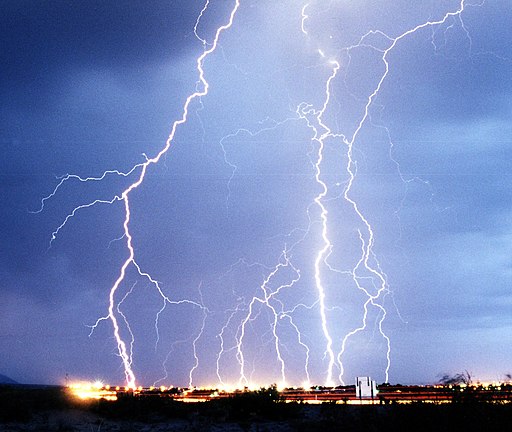Quotes are great!
I
love them; bet you do too, Dear Reader.
Thing
is: sometimes it’s fine to use a quote – but not always.
Even if a quotation only involves a few words, it can still
be protected by copyright law.
(
Sometimes by
trademark law, as well.)
And if it
is legally protected, then the author owns them.
The quote is his or her property.
Use it, and you are stealing that property
from a federal perspective.
So, when is it okay to
use a quotation? Here are a few tips and
things to consider:
.
Public Domain Is Your Best Resource
Any written words that have past their copyright expiration
date are considered to be in the “public domain.” The copyright has ended by the terms of the
federal copyright laws. The author no
longer has property rights to the quotation.
The key here is to
make sure that the quote is, indeed, free from copyright. How to do this?
Well, you can confirm via the age of the quotation.
Anyone who has been dead for at least 100
years, you are pretty darn safe to use their stuff.
People like William Shakespeare,
Lewis
Carroll, or Plato, for instance.
But this isn’t always true.
Take versions of the Holy Bible.
Not every translation is free to use and in the public domain.
The King James Version:
yes.
The NIV: nope.
.
Some Quotes Are Not Copyrighted
Not every quotation gets copyright protection under federal
law. Slogans for example aren’t
copyright protected. Some short phrases,
ditto.
.
Fair Use of a Copyrighted Quotation
Fair use is an exception to the protection of copyright and
allows use of the copyrighted words.
Under the fair use doctrine, you can use a small excerpt from a
published work without the author’s permission – if you are using it for
certain purposes.
These include a review of the overall work (book, novel,
play, etc.); a parody of the work; or for an educational purpose.
Fair use is tricky.
Each case must be determined on its own circumstances. Be careful here.
.
It Doesn’t Matter if the Quotation Has Been Published or Not
Copyright law does not apply only to works that have been
published and shared with others.
Unpublished work is also protected by federal copyright laws.
.
What If You Want to Use a Quote that is Copyright-Protected?
To use a copyrighted quote, just ask. Maybe you will be pleasantly surprised and
the owner will be touched, even complimented, that you appreciate
their work.
Will they ask for money?
Not always, but sometimes. That’s
to be negotiated between you and the author.
You might pay a nominal sum, or you might be asked to fork a pretty
hefty chunk of case. All depends. (This is called a “licensing fee.”)
To quote your mother (and mothers everywhere), it never
hurts to ask.



